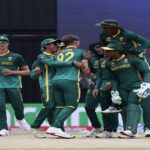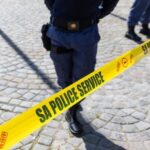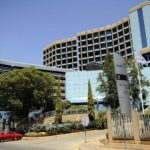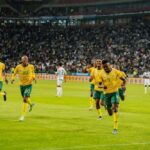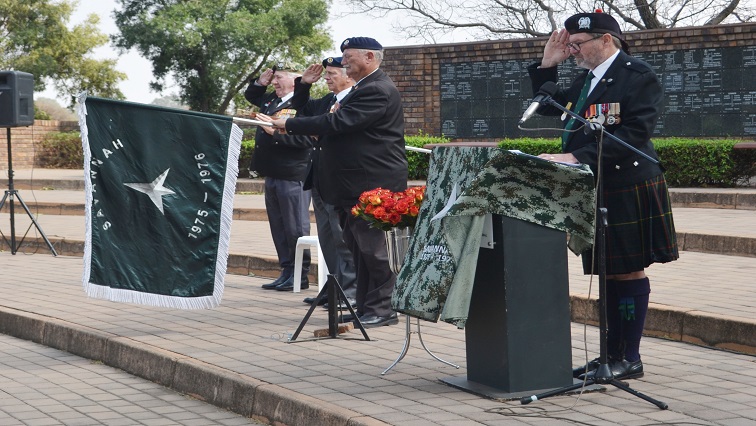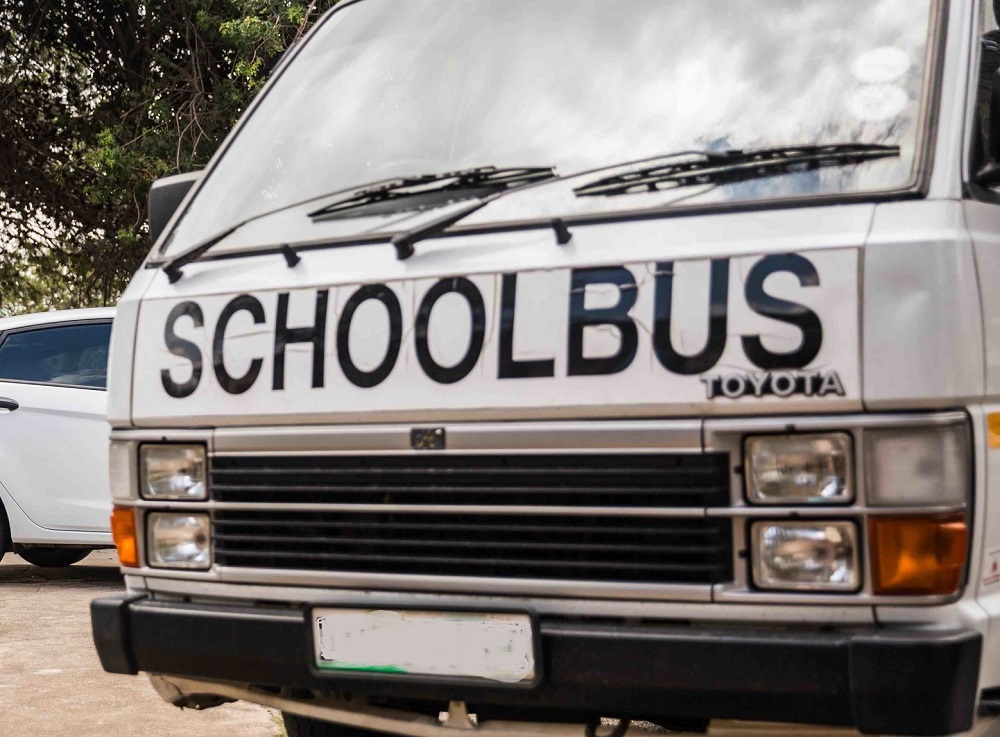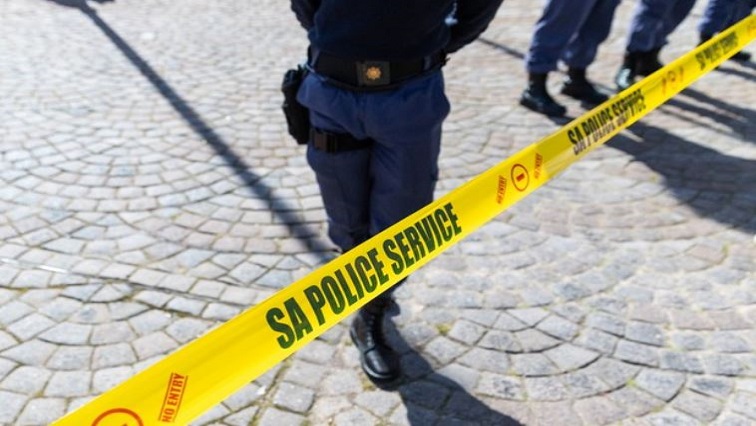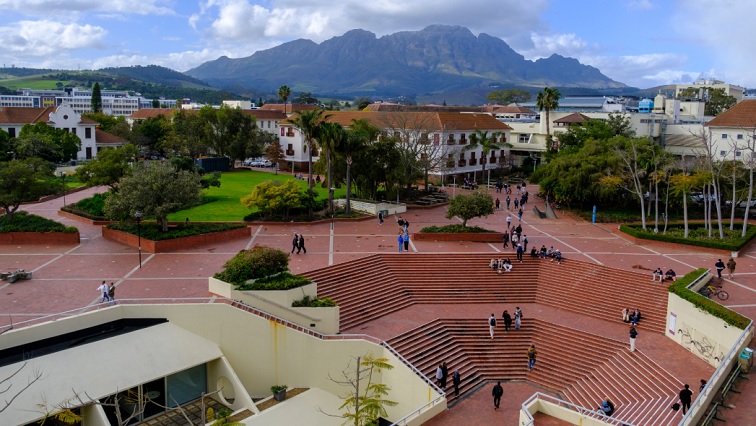-
Savannah veterans united in final farewell after 50 years.
Military veterans and family members gathered at the Voortrekker Monument Pretoria not only to pay tribute to the courage and sacrifice of South African soldiers during Operation Savannah in Angola 50 years ago, but also to bid an emotional farewell to the Savannah Veterans’ Association, which has honoured and supported veterans of the campaign for decades.
Speaking at the service to formally disband the organization, the Chairman of the Association, Lieutenant-Colonel Renaud Booysen, said because the number of veterans in the Gauteng region had dropped significantly, it was decided that the holding of a separate remembrance ceremony was no longer realistic and it was with great sadness that after 50 years, they would say farewell to the close-knit group of Savannah veterans. He said they chose to lay down the banner at a high point in their history, in an honourable way and in accordance with their constitution.
He paid tribute to all Savannah veterans, saying: ‘We did what was expected of us, we are proud, and we will always be brothers.’
Senior Savannah veteran Lieutenant-General, Christoffel Pierre “Joffel” van der Westhuizen, said Savannah was unique for two main reasons: Firstly, it finally separated the SADF (South African Defence Force) from the British military system, and secondly it allowed the SADF to move beyond the limits of conventional warfare to explore the mobility of unconventional warfare and give more freedom of thought to commanders at all levels.
Van Der Westhuizen commented, “This shifted the SADF from Europe to Africa. Scorned by and embargoed by the Western world, fighting Russians and Cubans on African soil did not escape the attention of countries like Zambia, Zaire and Tanzania. The acceptance of South Africa as an African state was on reality’s road. We fought with out-dated conventional British doctrines and weapons. Savannah was at most an unconventional war and the forerunner of the Border War. We developed not only our military but our whole defence system.”
Operation Savannah, South Africa’s military intervention in the Angolan civil war, began on 3 September 1975, involving about 3 000 of the Border War, which eventually ended in March 1990. The Cold War intersected with the South African Border War by transforming regional conflicts into a proxy struggle between the United States and the Soviet Union eventually drawing in Cuban and other forces.
Forty-one members of the SADF lost their lives in Operation Savannah.
Master of ceremonies, Major Tim Lane, read the roll of honour with the names of those who died in the fighting. He also acknowledged others who died during the campaign – the Portuguese freedom fighters, members of UNITA and the FNLA, South Africa’s adversaries – the Russians and Cubans – and the unknown – for their sacrifice.
During the wreath-laying, the first tribute was made by the Chairman of the Savannah Association. During early memorial services, this was a wooden cross, but a shell case – affectionately known as ‘the dop’ – that was fired during the operation, later took the place of the cross. Other wreaths were laid by veterans of the navy, army, air force and medics as well as the special forces, 31 and 32 battalions and the Council Military Veterans Organisation of South Africa, the CMVO. Friends and family members also had an opportunity to lay a rose in remembrance of their loved ones.
Commenting on the attendance at the event, an emotional Booysen said he had counted over 400 people, and he could not believe that they would have such a large number of people at the parade. He noted that veterans had travelled from across the country as well as Australia, Israel and America to attend. He said he was very happy about how the whole weekend turned out.
Veteran Erich van Rensburg, who has attended many military memorial services over the years and placed the Savannah banner for the last time at this service before handing it over to the Pro Patria Museum, spoke of his feelings: “It’s a sad day for a lot of people. It was a tragic day I suppose, and I suppose it had to be done. But we also realise why, but there are not many people left. Most of us are over 70.” The ceremonial shell case was also handed over to the Pro Patria Museum during the service.
But this is not the end. Commenting on the future of the Savannah parades, Booysen said they will from now on join the CMVO, which was a special request. In future those who lost their lives in Operation Savannah will be remembered annually as part of the CMVO memorial service on the closest Monday to the 31st of May at the Wall of Remembrance at the Voortrekker Monument.


